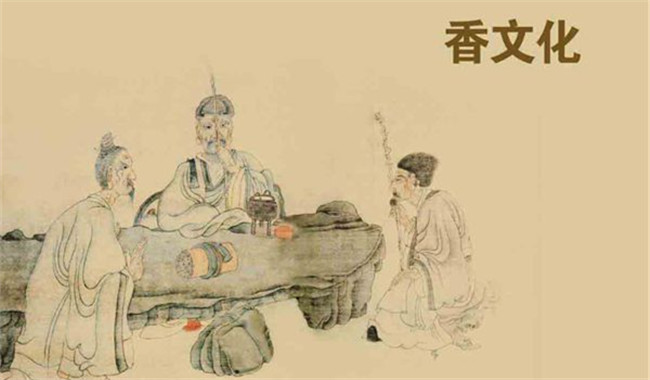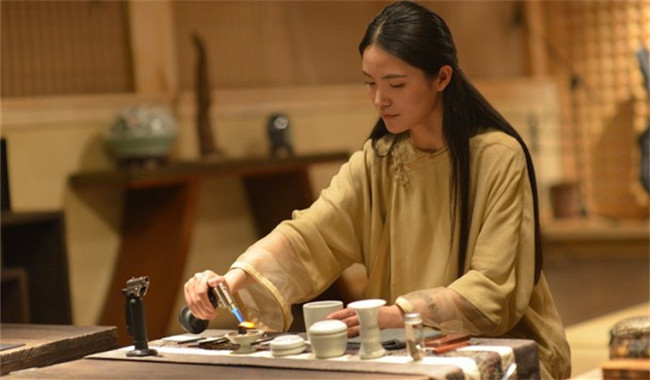XJFF—Fragrant nobility,Outstanding fragrance
XJFF—Creators of high quality flavors

Incense is one of the necessities of the ancients. From the avenue to the emperor's sacrifice, it is convenient to repel mosquitoes and insects; elegant to the point of incense, to the point of playing the piano, natural to the point of burning incense and dancing the sword. The fragrance category is also complex and diverse. It is as gloomy as a thousand year old tree in the sea, and as fragrant as a flower in bud on the tree. Through the handmaid's hands, it slowly emerged from the nature and entered into people's life.
In modern society, incense burner, scented powder and sachet were seldom seen, but the "incense" was changed by the glass bottle, which was still fresh in our life.
Incense is the essence of all things. If you want to adjust the fragrance, you must first refine the essence of the best. If you want to refine the essence of the best, you must first cultivate the best flowers and plants. However, flowers have spirit, trees have heart, although plants and feelings. Therefore, only those who are able to communicate with flowers and plants can pour their efforts into love, or they can produce essential essence.
XJFF-Xiangjie, the inheritor of Chinese fragrant culture

The good fragrance of human nature, but the exact time when people began to use it has been difficult to verify. From the existing historical data, the history of using incense in China can be traced back to the spring and Autumn period. In the Han Dynasty, incense stoves were widely used. In the upper society, incense and lavender were popular, and the technology of blending a variety of spices appeared. The incense culture began to take shape. In the Wei, Jin, southern and Northern Dynasties, scholars began to use incense more. In Tang Dynasty, incense made great progress in many aspects. In the Song Dynasty, the incense culture reached its peak and fully integrated into people's daily life. Afterwards, it was maintained and steadily developed in the yuan, Ming and Qing Dynasties. The development of Chinese incense culture can be summarized as follows: it began in the spring and Autumn period, grew up in the Han Dynasty, completed in the Tang Dynasty, and flourished in the Song Dynasty.
Since modern times, the fate of the Chinese nation has been troubled, and the development of incense culture has been greatly hindered, and gradually confined to temples and shrines. Even today, many people regard incense as a corner of religious culture, and even fall into the category of feudal superstition, which is the regret of the times. From Liu Xiang, Li Shangyin, Li Yu, Su Shi, Huang Tingjian to Zhu Xi, Wen Zhengming and Ding Wei, there are a lot of fragrant poems written by scholars of all ages. From the book of songs to the dream of the red chamber, from the record of famous doctors to the compendium of Materia Medica, there are records of fragrance in classic works of all ages... After thousands of years of wind and rain, Chinese incense culture has left a rare wealth to the nation and history. It is inspiring to see her in today's weather, but it is exhilarating that the Chinese people who go through the storm in twentieth Century are beginning to look at the merits and demerits of traditional culture with a clearer look. They are more intelligent and loving and cherishing the essence of their culture. With her development, the Chinese fragrant culture, which has been involved in the river of the millennium, should make people full of confidence, and will be able to surmount one or two twists and turns, and once again show its charming brilliance.There are not many laurel trees in Huaishan mountain. The flower Qi is boundless, and the spirit fragrance is a little still. It's not necessary for the Chu guest to sew the autumn pendant, sit down and walk towards it.
XJFF—Disseminator of huaxiaxiang culture

Fragrant, flexible, noble and plain; mysterious, profound and approachable. It accompanied the Chinese nation's heroes and sages through five thousand years of vicissitudes, out of the splendid course of Chinese civilization shining the world. It enlightens the inspiration of talents and virtues, nourishes the body and mind of people with lofty ideals, and builds a golden bridge connecting human and heaven wisdom, which is an important catalyst and promotion for the birth of Chinese humanistic spirit and the formation of philosophical thoughts. People's preference for fragrance is innate, like the love of butterflies for flowers and the sun of trees. Incense, in the pleasing to the heart, mobilizes the intelligence of the mind, between the visible and the invisible, to adjust the interest, pass the nose, open the orifices, and harmonize the mind and body. It is precisely because of the deep understanding of this theory that all the emperors and generals, literati and calligraphers of the past dynasties all cherish fragrance as gold and love it as a habit.
Incense can not only be leisurely with the study and piano room, but also can be ethereal in the temple altar; it can be closed in the quiet room to observe the silent light, and it can also be joyful in the room; it can not only calm the mind and open the mind in the space, but also can actually treat diseases; it is not only an elite culture, but also a public interest. As a matter of fact, its origin has no fixed label. It is only smart and natural.

